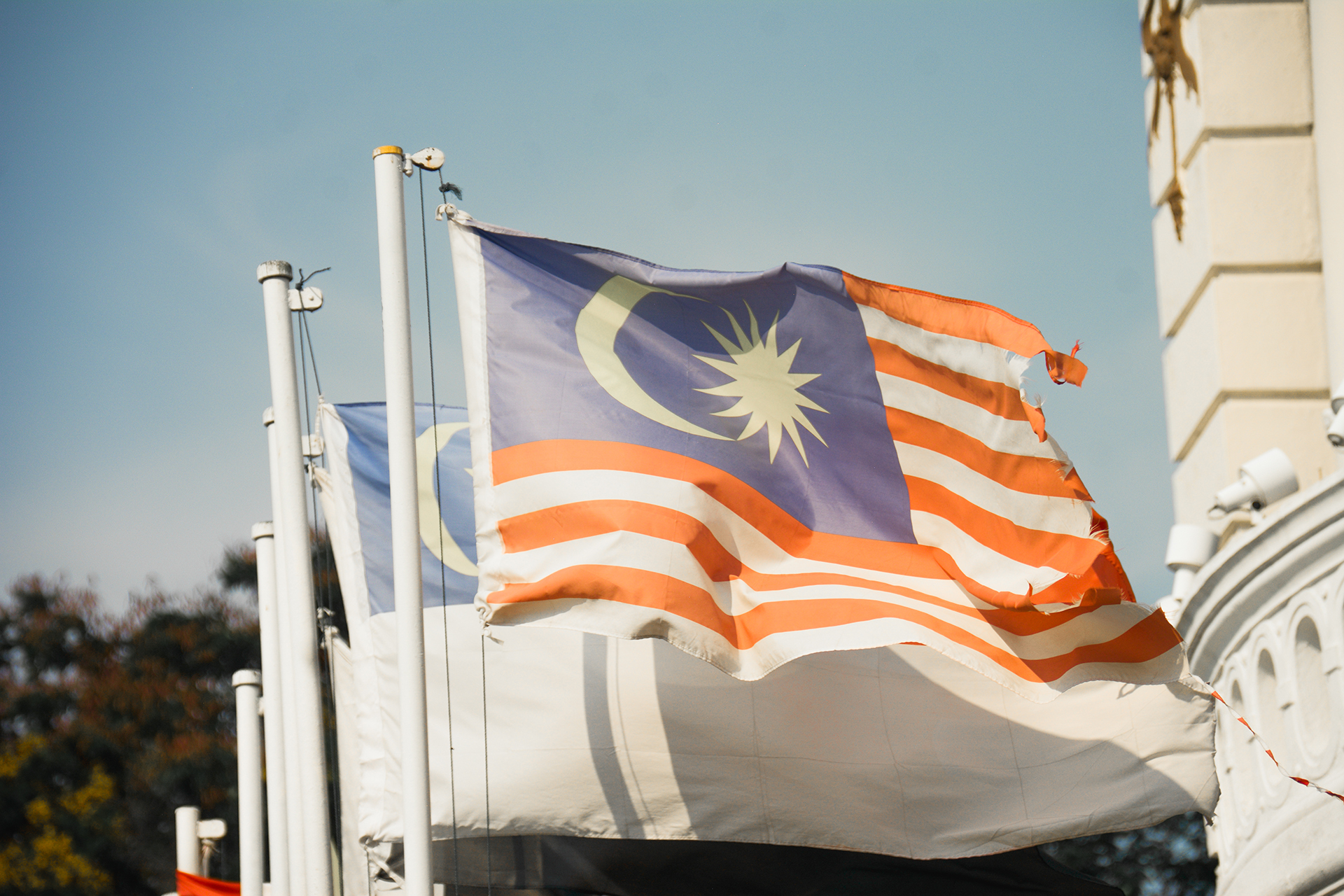Tan Sri Muhyiddin Yassin (PM8) is sworn as the eight Malaysia’s Prime Minister on March 1, 2020. His appointment is accordance with Article 40 (2)(a), which allows the YDPA to appoint any member of the Dewan Rakyat, to him likely to command the confidence of the quorum. The argument that his party betrays democratic values and becomes the backdoor government stands from the morality perspectives. Constitutionally, both the YDPA and PM8 satisfy Article 40 (2)(a) and 43 (2)(a) which accord him to be the incoming premier.
There are four challenges awaiting the new Prime Minister.
1) Political instability. No political blocs could convince the YDPA on the majority seats. If it is true that PH possesses 114 while PM8 was sworn in, PM8’s position could be challenged via no confidence voting when the August House sits on May 18th. The consequences of the vote are tremendous if it passes. Not only PM8 will lose his position, all 222 constituents will also have to vacant their seats, giving way to a General Election. While the nation was dragged into the turmoil for nearly a weak, the country has seized many great opportunities and energy to overcome economy and health matters.
a) New line up cabinets is currently to be endorsed by the YDPA, which no (released) report on power struggle and party dominance along the process. PAS, UMNO, GPS and few prominent figures of Perikatan Nasional have communicated their willingness to allow PM8 to choose the new line-up according to what he thinks fit. Controversial candidate Datuk Seri Dr. Ahmad Zahid Hamidi have publicly declined to seat in the line-up. It starts to heal Perikatan Nasional’s reputation, where it is seen not to disrupt legal procedures over politicians who are still going for trials.
b) However, Bersatu (30 seats) needs to be in the same perspective with UMNO (39 seats), GPS (18) and PAS (18 seats) in order to remain as a stable bloc. Important to be noted, PM8 comes from a party not having majority seats in the coalition. Should majority-minority argument influenced the selection of the line-up, it delays the formation and suggests the fact that instability has been spotted in Perikatan Nasional.
c) Malaysia should be expecting for a new cabinet line-up in the weak of March 9th.
2) Weakening Economy. Malaysia’s economy projected to be under satisfactory growth in quarter four of 2019 (3.6% growth). The inception of Covid-19 since December 2019 has generated loss for about RM5.9 billion to the country. Following back-and-fourth political maneuvering of party leaders over the past forth night, our composite index at FTSE Bursa Malaysia Kuala Lumpur reported to open with 1,459.81, lowest since November 2011 and Bursa Malaysia drops by 41.66 points. This crisis further deteriorates a slow growth projection due to the disrupted global chain since end December 2019. Covid-19 has caused 0.17% cut to our GDP and should this proceeds, our economy is moving towards 4% for the year 2020 (lowest ever in history).
a) Interesting to note, COVID-19 has caused three (3) major impacts in the global economy: i) closure of factories and retail location in China; ii) halting of manufacturing production – supply and chain production, and; iii) Cancellation of flights and low mobilization of the mass for tourism.
3) Legitimacy. Thus far, only Indonesia and Singapore has given recognition to PM8. Finance Twitter (a website) reported as per March 4th, U.S., Britain, Europe and China are yet to congratulate PM8 on his appointment. Congratulatory messages signify endorsement of international governments. The unprecedented way of PH collapsing and new formation of Perikatan Nasional associated as a backdoor government, serves as a hypothesis for the endorsement delay. This certainly tarnishes the country’s image in the global standing, at the time international actors and economic players need to be coordinated for the incoming APEC 2020, hosted in Kuala Lumpur.
a) The Guardian on March 3rd, describes the appointment as a royal coup, claims the YDPA ‘overturns a historic election.’ The article dragged Istana Negara into the crisis while the role of the YDPA is merely discharging His constitutional duty, enshrined by Articles 40 (2)(a) and 43 (2)(a). Regardless of the motive of the publisher, this further adds to the legitimacy deficit of the legislative and executive arms of the country, which the YDPA sits in the legislative, above politics.
4) COVID-19. Recently as of March 8, 99 reported cases, involving 81 Malaysians, 15 Chinese nationals and one each from the U.S., Japan and Italy. The Health DG, Datuk Dr. Noor Hisham Abdullah also to have reported that 23 have fully recovered while remaining 76 are placed in few public hospitals across the country. The numbers are potentially increasing. The sporadic volume of the virus is alarming. However, the Ministry of Health through the Health DG is seen to be efficiently managing the crisis from being worsened.
a) COVID-19 is the first test on the government’s efficiency. WHO has praised Malaysia for its ability to contaminate the virus from the public at-large. This has to be sustained, even better to set a higher bar in managing the public health crisis. While government politicians will view this as a political mileage in adding government’s legitimacy, a prudent PM8 and his cabinet should not position the people’s risk at the state of their political journey. Health and safety of Malaysians should be safeguarded at all cost, hence a coordinated stewardship of the new government is utterly needed for the matter.
The review towards PM8 and his prospective government invites mixed reaction from the people. Social media ranting and praises come interchangeably for the past two weeks. PH utilizes sentimental approach by playing the blaming game towards Perikatan Nasional and to some figures among themselves. The new government should not be swayed into this abyss of sentiments. They should embark their era with systematic one-voice leadership, uniting all actors and supporters, at the same time working towards solution-based approach to the coming battle.






